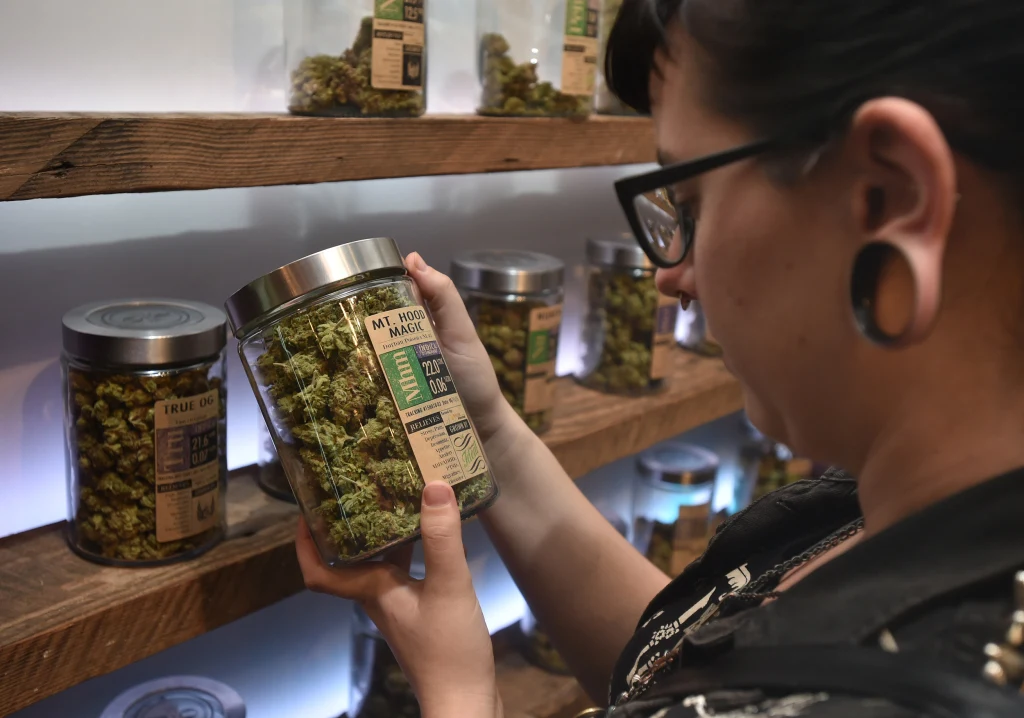A recent PoderData poll shows 61% of Brazilian voters oppose legalizing all drugs. At the same time, 53% back the decriminalization of marijuana.
Conducted from September 24 to 26, 2023, the survey reached out to 2,500 people. Calls were made to mobiles and landlines across 212 towns in Brazil’s 27 states.
Another 22% are for full drug legalization, while 17% didn’t respond.
Most of President Lula and Bolsonaro’s supporters shared this view in last year’s elections.
Specifically, 57% of Lula’s and 69% of Bolsonaro’s backers are against legalization.
Currently, Brazil’s Supreme Court STF is reviewing this issue. Justice André Mendonça requested extra time to study the case.

Now, he has 90 days to return it for court discussion. So far, five justices favor decriminalization while one opposes it.
PoderData employs a robust polling method. They aim to include a diverse range of societal groups.
Thousands of calls are made to hit the target of 2,500 responses. These calls strive for an accurate sample based on age, gender, income, and location.
In addition, the pending court case raises questions about Brazil’s Drug Law, specifically Article 28.
This article covers mild penalties like warnings and community service for personal drug use.
The legal review began in 2015 but paused due to a request from the late Justice Teori Zavascki.
After his death in 2017, Justice Alexandre de Moraes took over the case. He restarted the voting process in November 2018.
Presently, Justice Gilmar Mendes oversees the case.
Background Drug Legalization Brazil
The results of this survey shed light on a divided public opinion.
While there’s a clear majority against full drug legalization, the support for marijuana decriminalization is noteworthy.
This split might be a sign that Brazilians distinguish between ‘hard’ and ‘soft’ drugs. For politicians, it’s a sensitive issue requiring a nuanced approach.
Moreover, the case in the Supreme Court adds another layer of complexity.
With five justices already in favor of decriminalization, the court’s final decision could be groundbreaking.
It might pave the way for future policy changes, even if the public remains split on the issue.

